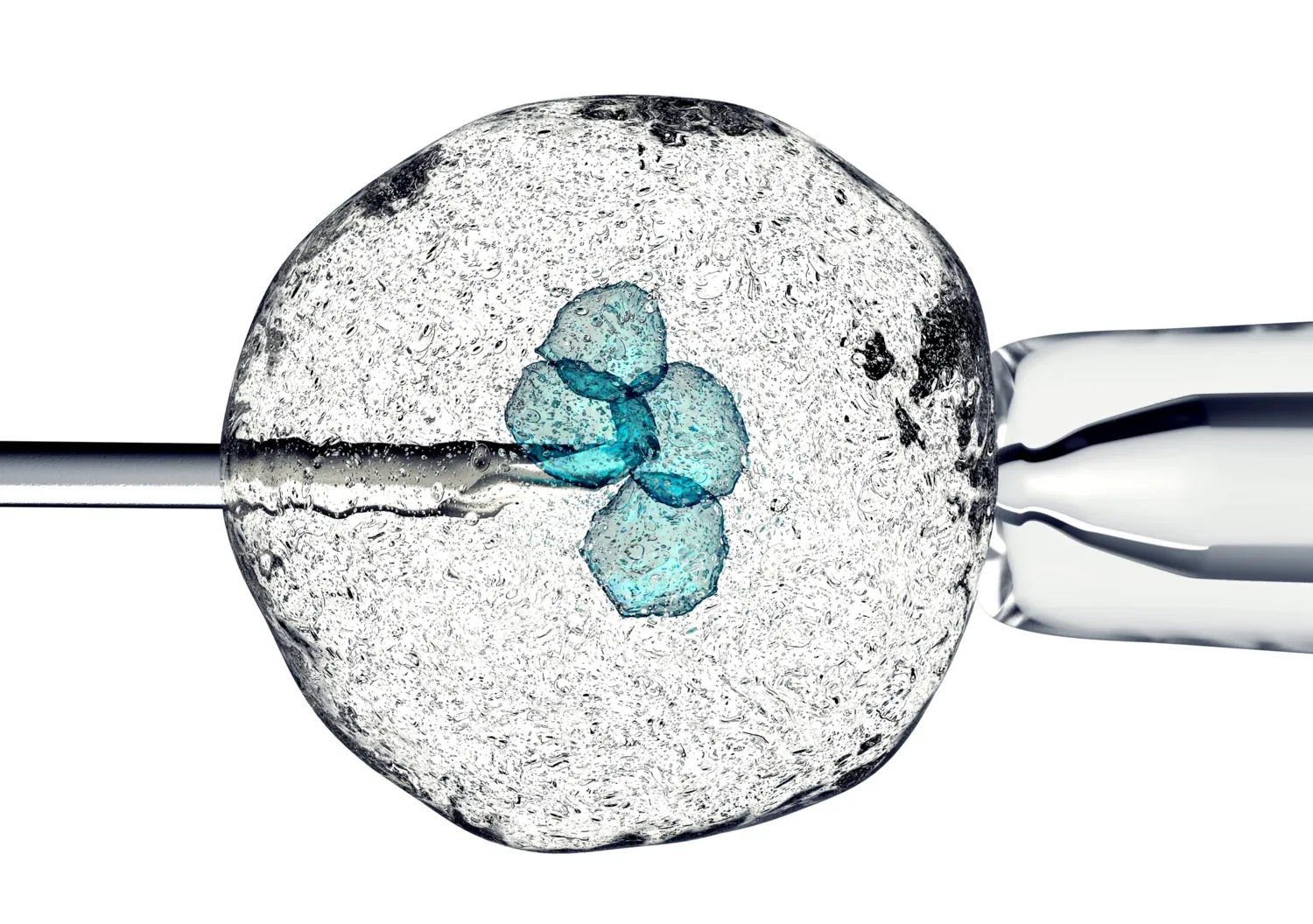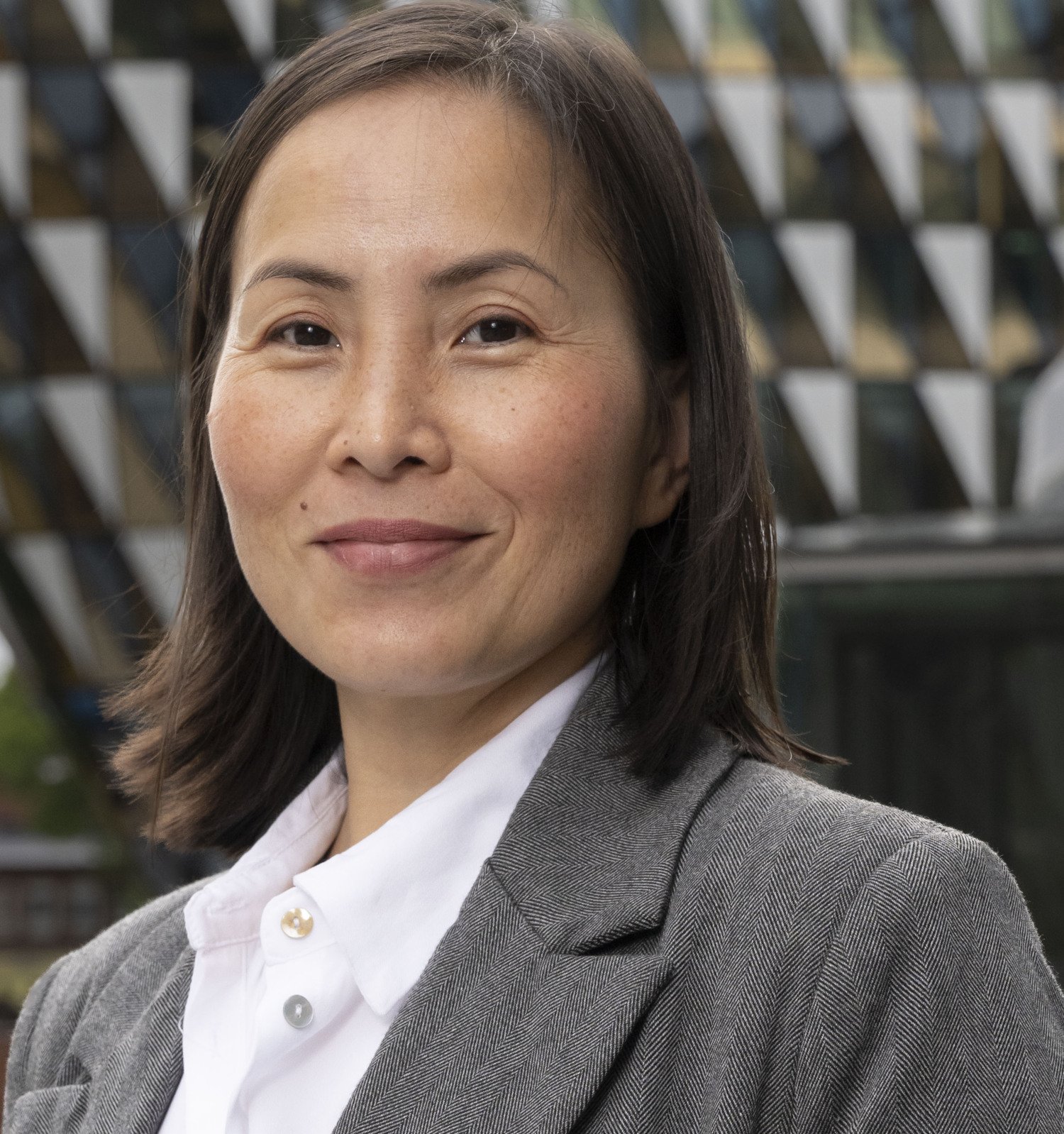The Knut and Alice Wallenberg Foundation supports life science research at KI

Ten innovation projects in life sciences have received grants within the Knut and Alice Wallenberg Foundation's and SciLifeLab's Proof-of-Concept Program. Four of the projects are run by researchers at Karolinska Institutet. The Proof-of-Concept Program aims to bridge the gap from academic research to innovations in the life sciences.
The Proof-of-Concept Program gives researchers the opportunity to further develop their early discoveries towards validated methods, products, or processes. It also gives them the opportunity to accelerate the project's development in various ways and to prepare it for commercialization. The grants enable researchers to explore the potential of their research results.
In the government's research and innovation bill, excellent research and innovation power were rewarded, and this is an example of just that, writes the Knut and Alice Wallenberg Foundation in a press release.
Innovations in a broad sense
The call covers innovations in life science in a broad sense, such as drug development, medical technology, diagnostics, research tools, e-health and industrial biotechnology. It is also open to innovations in environmental science, agriculture, bioenergy, and sustainability.
The Knut and Alice Wallenberg Foundation awarded the first Proof-of-Concept grants in 2017 and announced the first round of the Proof-of-Concept Program for life sciences in 2023. This round is the second of the program. A total of 20 grants have now been awarded under the program. All in all, since 2017, a total of 100 Proof-of-Concept grants have been awarded.
Different types of support
The projects that have been granted funding will receive between one and four million SEK each during a project period of a maximum of two years.
In addition to funding, the project managers will receive continued support from the Wallenberg Launch Pad (WALP) team to develop their innovations to commercial maturity.

“Thanks to the grant, we have a unique opportunity to take our research idea all the way to a concrete medical application. We can now scale up and validate our innovation on a more commercial level. In addition, the coaching from experienced entrepreneurs has been extremely valuable and given us new insights into how best to present and position your idea,” says Thuy Tran, principal researcher at the Department of Oncology-Pathology, Karolinska Institutet, who is collaborating with Klas Bratteby, researcher at the same department, in a project that deals with targeted therapies for the treatment of metastatic cancer
KI researchers awarded Proof-of-Concept grants within the 2024 call
Marie Jeansson, researcher at the Department of Medicine, Huddinge
Project: “Therapeutic intervention to slow progression of chronic kidney disease”
Johan Ericson, professor at the Department of Cell and Molecular Biology
Project: “A therapeutically high-effective ATMP cell product for Parkinson's disease”
Fredrik Lanner, principal researcher at the Department of Clinical Science, Intervention and Technology
Project: “Establishing clinical scale manufacturing of stem cell derived islets with enhanced purity and functionality for treatment of type-1 diabetes”
Thuy Tran, principal researcher at the Department of Oncology-Pathology
Project: “Advancing TROP-2 Targeted Theranostics for Metastatic Solid Cancer Treatment”
About the foundation
The Knut and Alice Wallenberg Foundation was founded in 1917. The purpose of the foundation is to work for the benefit of the country and support Swedish basic research and education, mainly in medicine, technology and the natural sciences. This is done through support for excellent individual researchers and through project grants.
Since 1917, the Foundation has awarded grants of just over SEK 37 billion. In 2023, the annual grants for excellent basic research and education in Sweden totalled almost SEK 2.2 billion, making the Foundation Sweden's largest private research funder and one of the largest in Europe.
Source: Knut and Alice Wallenberg Foundation
